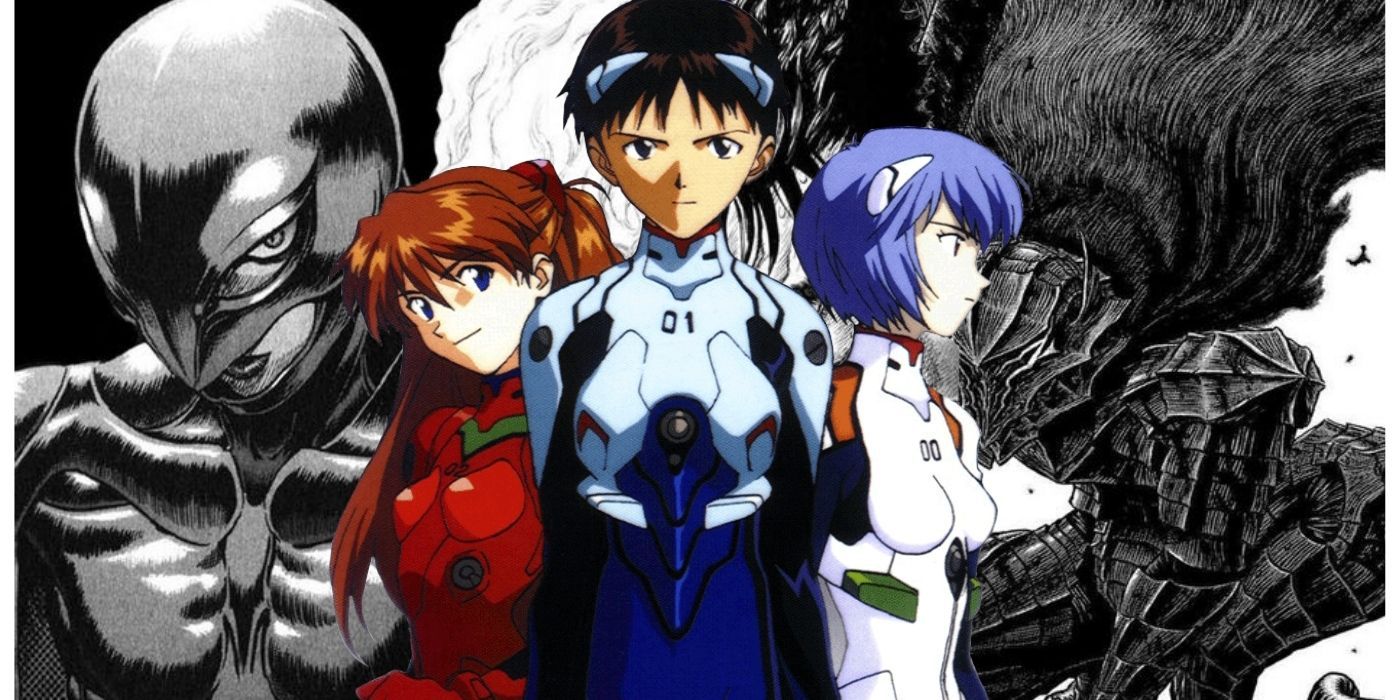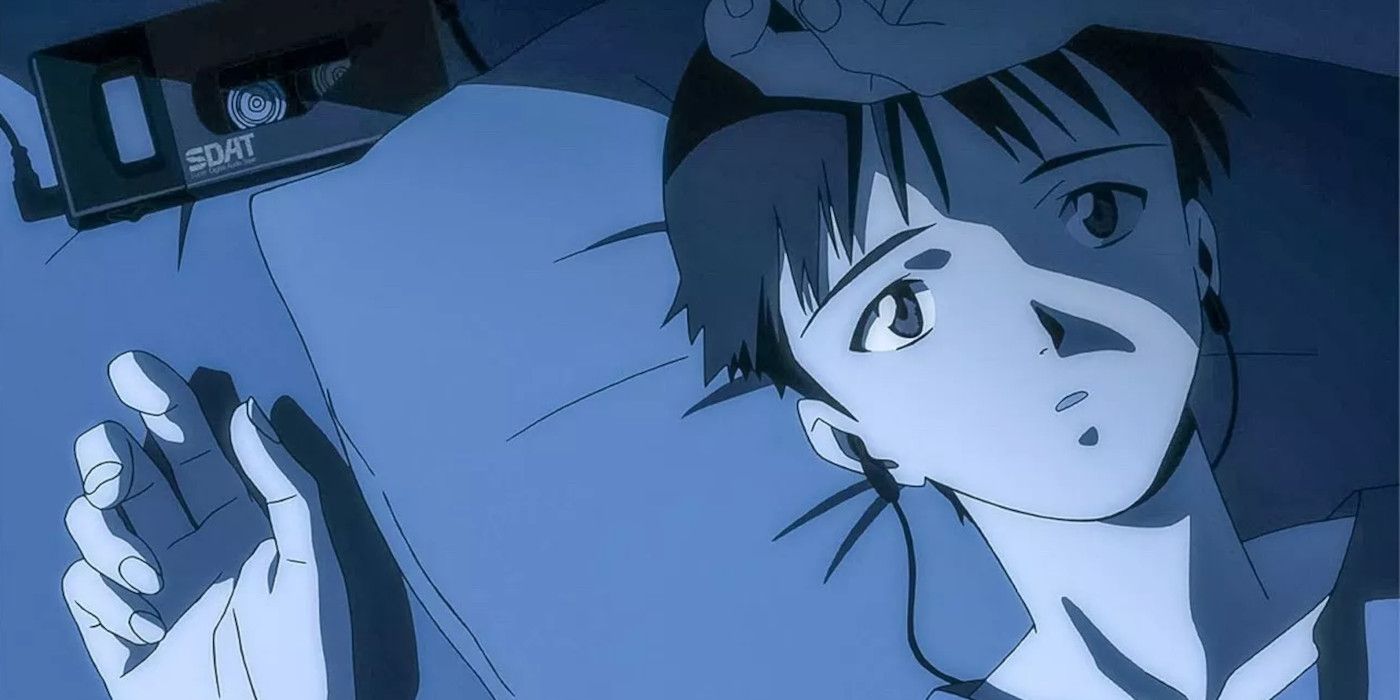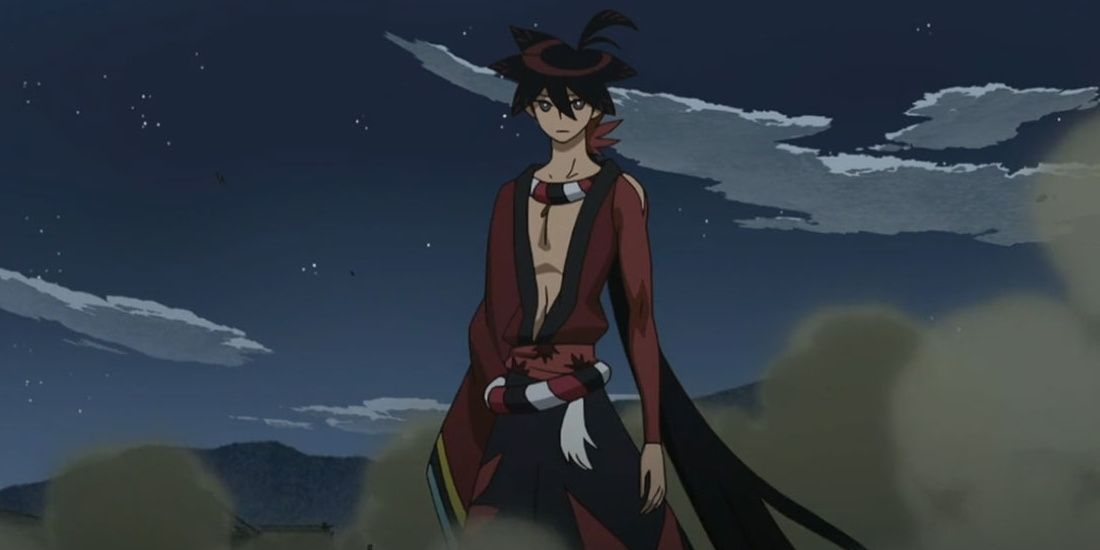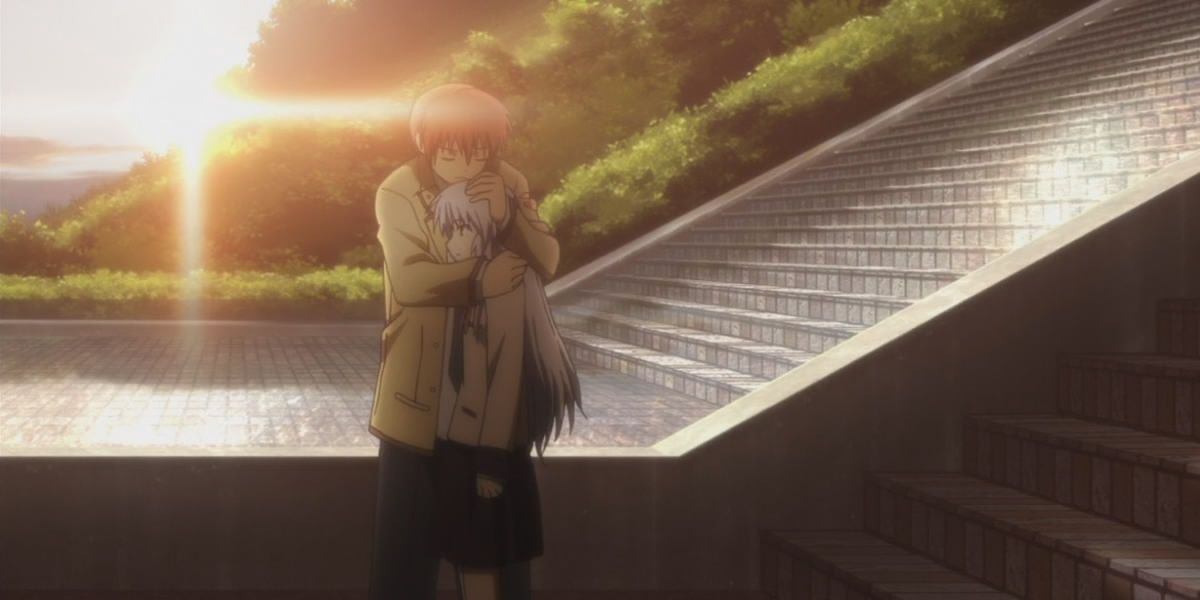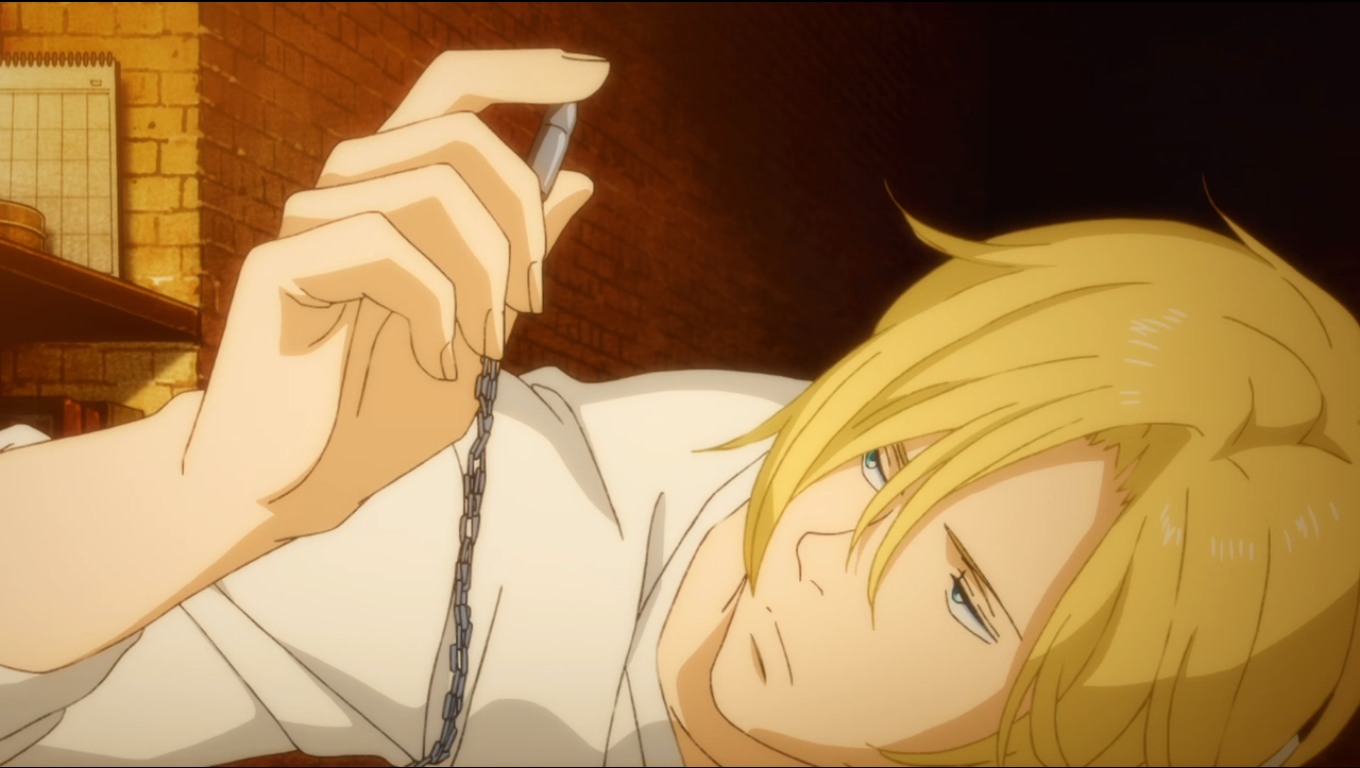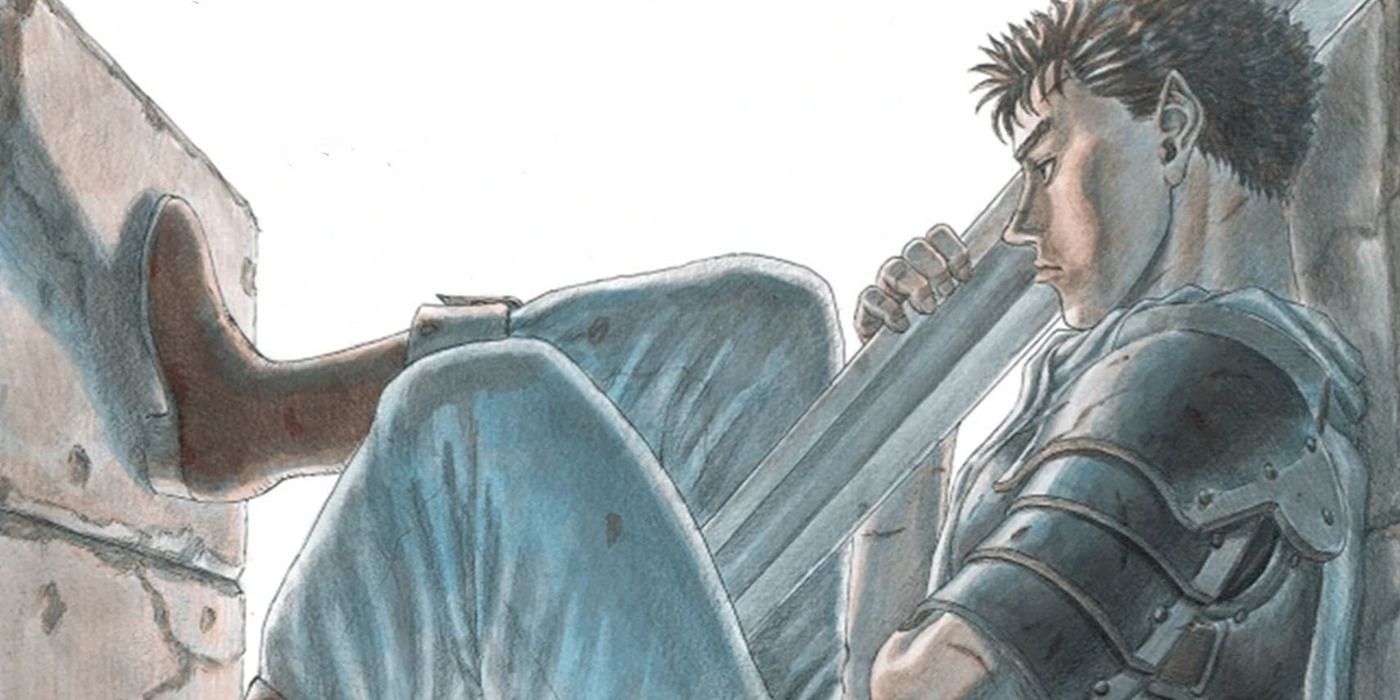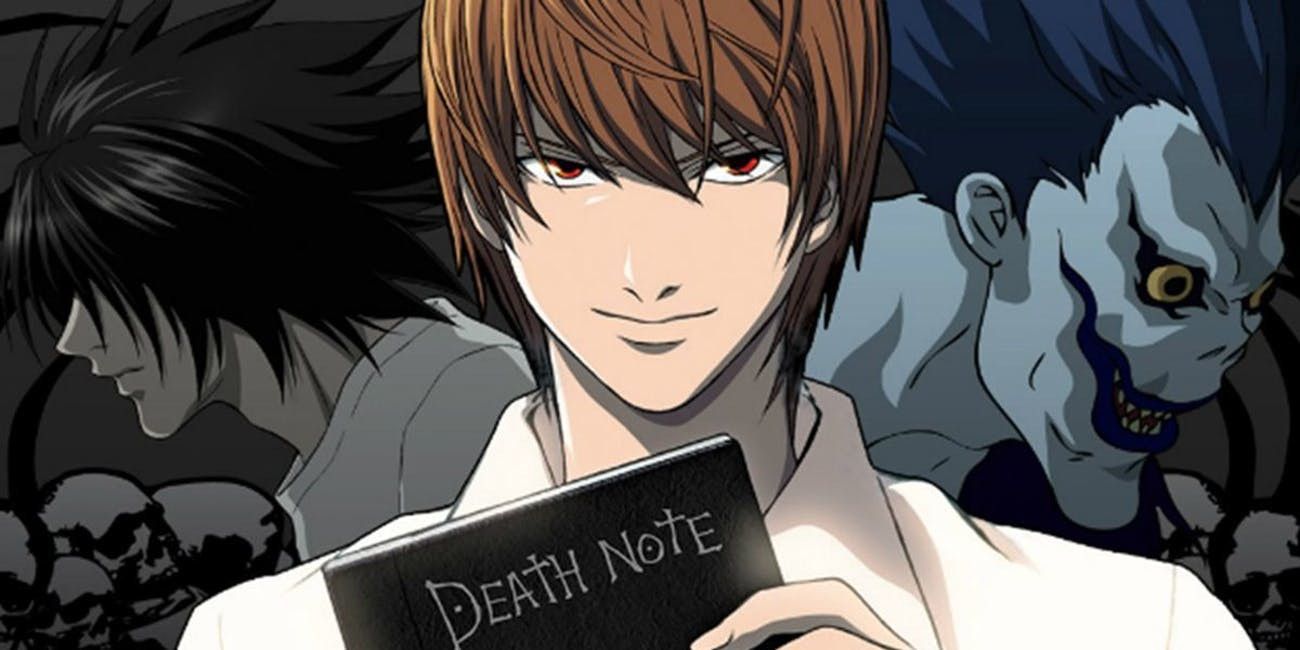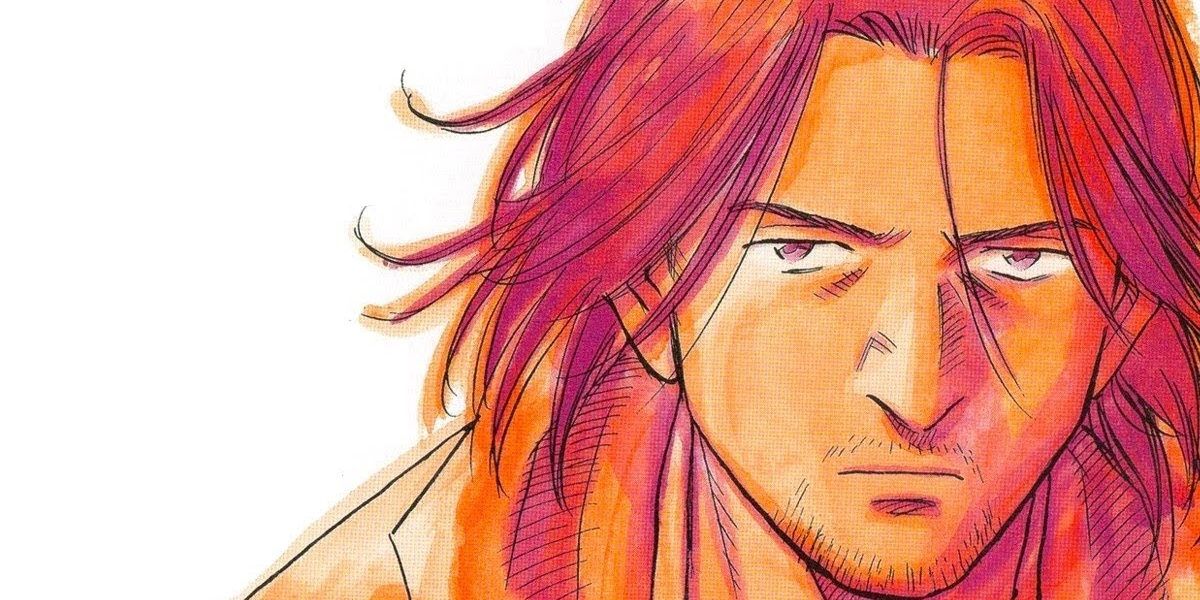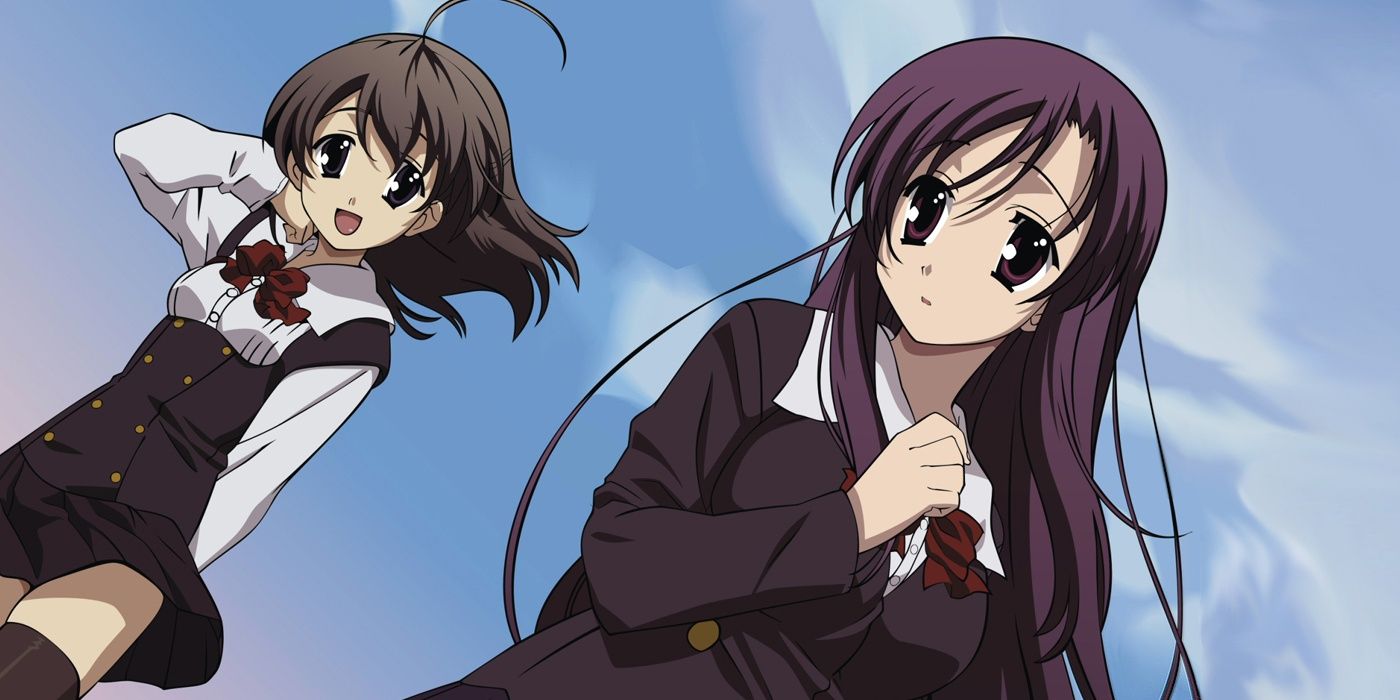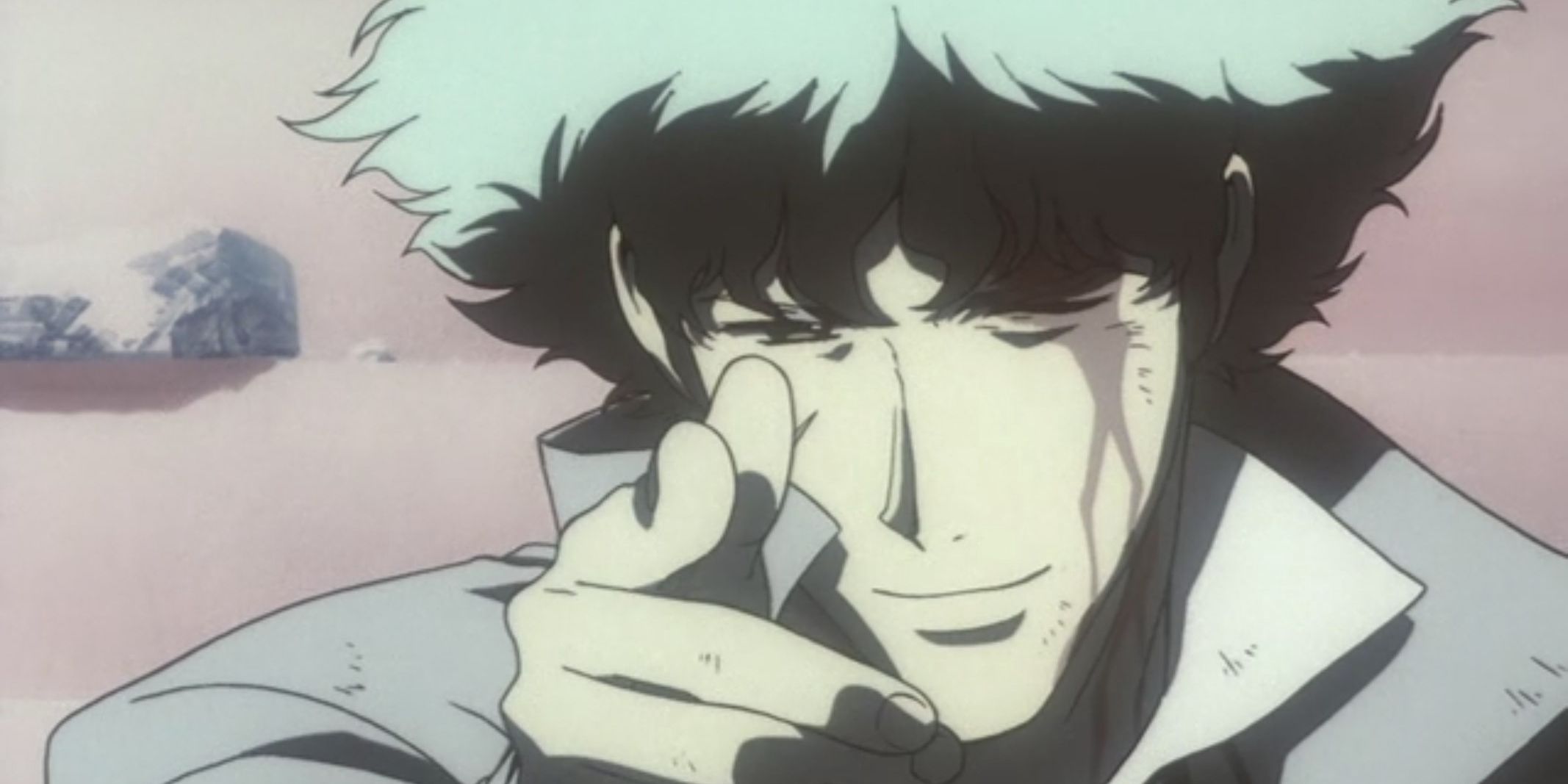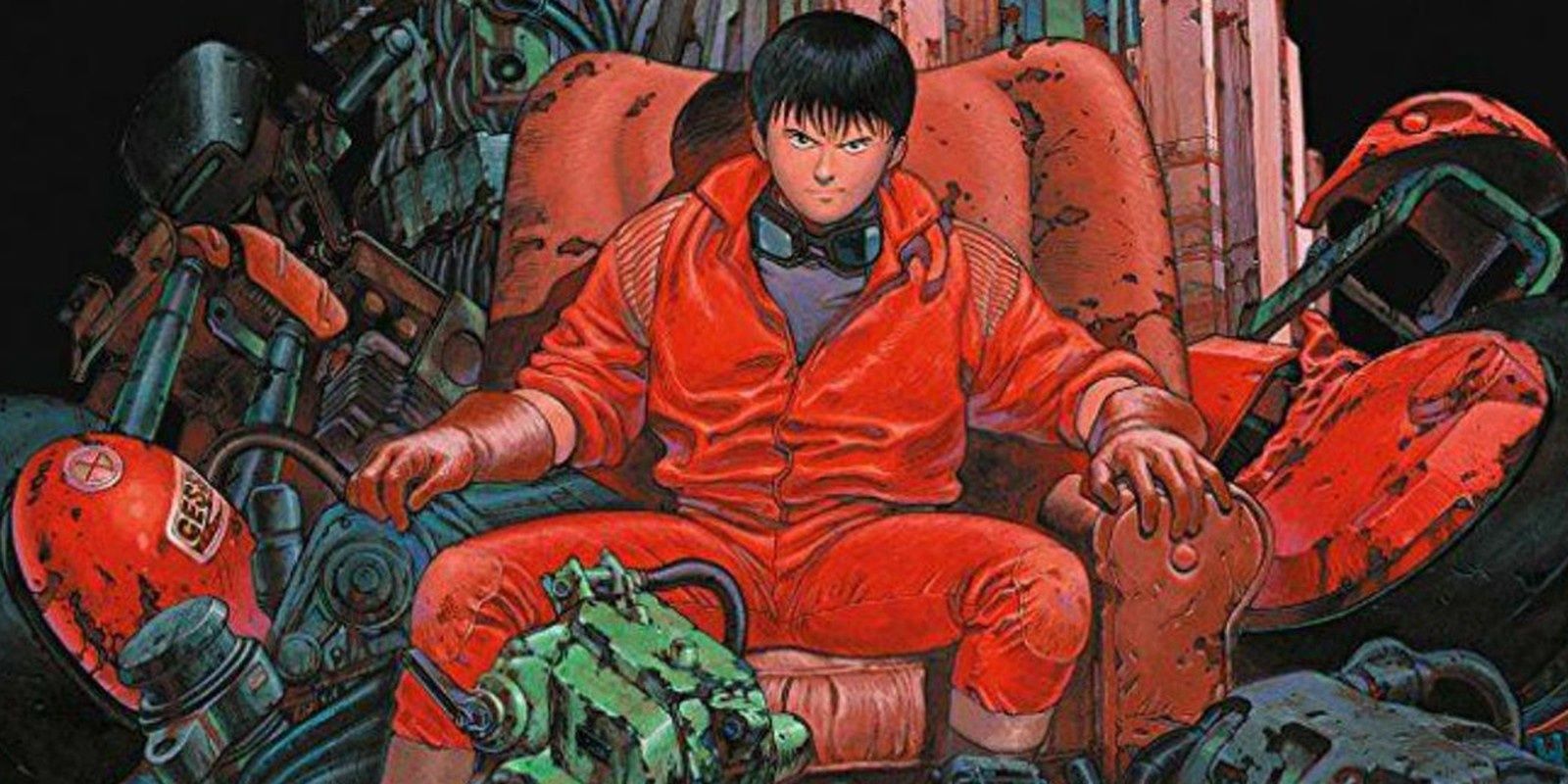Happy endings are overrated. Anime, like most storytelling mediums, is more than capable of delivering more nuance. Sometimes a hero's journey needs to end in tragedy to give a story proper depth or purpose. While some shows are painfully grimdark, there are anime classics that have remained powerful in the public psyche precisely because they withheld no punches.
Anyone who's lived in this world has known as many failures as successes. In watching series that exemplify the harsh realities of the world, fans can experience a catharsis often absent from reality. Anime that effectively capture loss, both meaningful and meaningless, can be a comfort during dark times. Beware of spoilers.
10 Neon Genesis Evangelion
Much has been written in defense and criticism of Shinji Ikari. There's no questioning, however, that through no fault of his own, Shinji's life has always been on a devastating trajectory. It's important to remember that Shinji is a neglected and abused child, and the solitary parental figure in his life threw him into a robot as a "spare." Neon Genesis Evangelion remains iconic because it was among the first anime to question the implications of asking traumatized children to save the world.
Society often expects the impossible of children and forgets that they are fallible, prone to mental illness, and do not exist to fix generations' problems that came before them. Shinji loses because the world has already failed him.
9 Katanagatari
Ostensibly a show about a quest to collect demonic swords, Katanagatari is actually a quest for identity. Shichika, the swordless swordsman, only learns to be an empathetic person while traveling alongside the strategist Togame. During their journey, his values shift from accomplishing this goal to building a life for himself. And so, when the final episode deals him the sort of tragic loss that all of us must experience in life -- the death of a loved one -- Shichika has both failed and succeeded. He succeeded because he completes his quest. Failed because he loses the future he has only just begun to imagine. A masterful mix of allegory and fantasy and harsh reality, Katanagatari is a cult classic that deserves a thousand more accolades.
8 Angel Beats
While the final episodes of Angel Beats are cathartic, they are also devastating. Early on, the series establishes that all of the characters are already deceased, caught in a purgatory that manifests as a school. The tragedy is present all along, as one by one, characters move on into the unknown, accomplishing in the afterlife what they could not in the real world. And underneath all of this, the audience can't forget: these characters are children who hardly lived at all. Platitudes aside, they died too soon, and there's something ineffable and sad about these characters beginning to grow up only once they're already dead. When Otonashi clings to the empty air where Kanade once stood, the loss felt by empathetic viewers is too huge to quantify.
7 Banana Fish
Ash Lynx was never given a real chance. Tragic as a Shakespearean hero, it's no surprise that the series is named for a depressing J.D. Salinger story. Sold into prostitution as a child, Ash's constant attempts to establish his own life and avenge his brother's poisoning inevitably fail. What makes the series resonate s profoundly is Ash's relationship with Eiji, who never sees him as a failure.
Ash has collected loyal gang members and friends only to lose them repeatedly, but Eiji persists and loves Ash despite his tortured past. While Ash seems incapable of escaping a history of crime and trauma that have followed him since birth, Eiji's company almost seems enough to save him. But only almost, and there are few finales as gutting as this one.
6 Berserk (1997)
The first Berserk anime has one of the darkest endings ever witnessed in the medium. As violent as it is surreal, the series culminates in a nightmarish hellscape battle against demons, the transformation of one lead character, the rape of another, and Guts' maiming, the would-be protagonist. Both loathed and loved by fans of the long-running manga; the episode stands as a testament to how quickly a grimdark show can plunge even further into a bloodbath of horror and degradation. The treatment of Casca especially proves discouraging, and time is doing this travesty no favors. Beserk is hard to recommend, and most fans would suggest reading the manga instead.
5 Death Note
Light Yagami is absolutely no hero. But he is the central protagonist of Death Note and initially had very relatable ambitions of distributing justice unto a corrupt world. Killing the world's worst people is something many people fantasize about, and Light initially uses the Death Note to commit acts he sees as noble.
As time progresses and Light becomes more fixated on his own self-preservation, his fall from delusions of grandeur to the depths of brilliance is inevitable. By all counts, Light Yagami deserves the ending he gets.
4 Monster
In a curious subversion, Dr. Kenzo Tenma loses from the very outset of Monster. After saving a child rather than a politician, the surgeon's fall from grace is brutal and immediate, as the public turns on him in the wake of his decision. Most of the show takes place after his career's collapse when other demons come home to roost. While lesser shows would make a martyr of Tenma, Monster doesn't let him off so quickly. The child he saves is a murderous sociopath, and every tragedy he wreaks thereafter is also Tenma's responsibility.
3 School Days
It seems School Days exists only to bore and horrify. At first, the series stands as a run-of-the-mill rom-com about high school students, but there are few endings darker than this one, and it's safe to say that the decision to give the series a bad ending has been the sole factor that has allowed School Days to remain in the public consciousness at all. In fact, ending a rom-com with a brutal stabbing has been interpreted by some audiences as a criticism of romance genre tropes. While this may be giving School Days too much credit, the show has remained notorious.
2 Cowboy Bebop
Cowboy Bebop is such a lively, adventurous show that it's easy to forget that its central themes are incredibly dark. But isn't that the point? The Bebop crew members are running from their pasts, and as the series culminates in its final harrowing episodes, it becomes apparent that all that romping through space was only a distraction.
The show's sadness is present throughout the series, visible in grungy backdrops and dystopian planets, caught up amid the space junk. The factor that makes Bebop both a tragedy and a true masterpiece is how it captures the slow, inevitably creeping of reality. Even in the deepest reaches of space, you can't escape yourself.
1 Akira
In most regards, Neo-Tokyo is a lost cause even before Akira begins. There's no saving this derelict society without destroying it. Influenced as many writers have been by the devastation wrought at Hiroshima and Nagasaki, Akira's final moments are terrifying in their cold destruction. More haunting, however, is the way the final moments of the film put the entire story into perspective. Neo-Tokyo's destruction is as pointless as the lives of the characters in the story seem to be. Audiences frustrated by the ending and the lack of closure may be missing the point. Some disasters defy denouement, and a throne is meaningless in a wasted empire.

